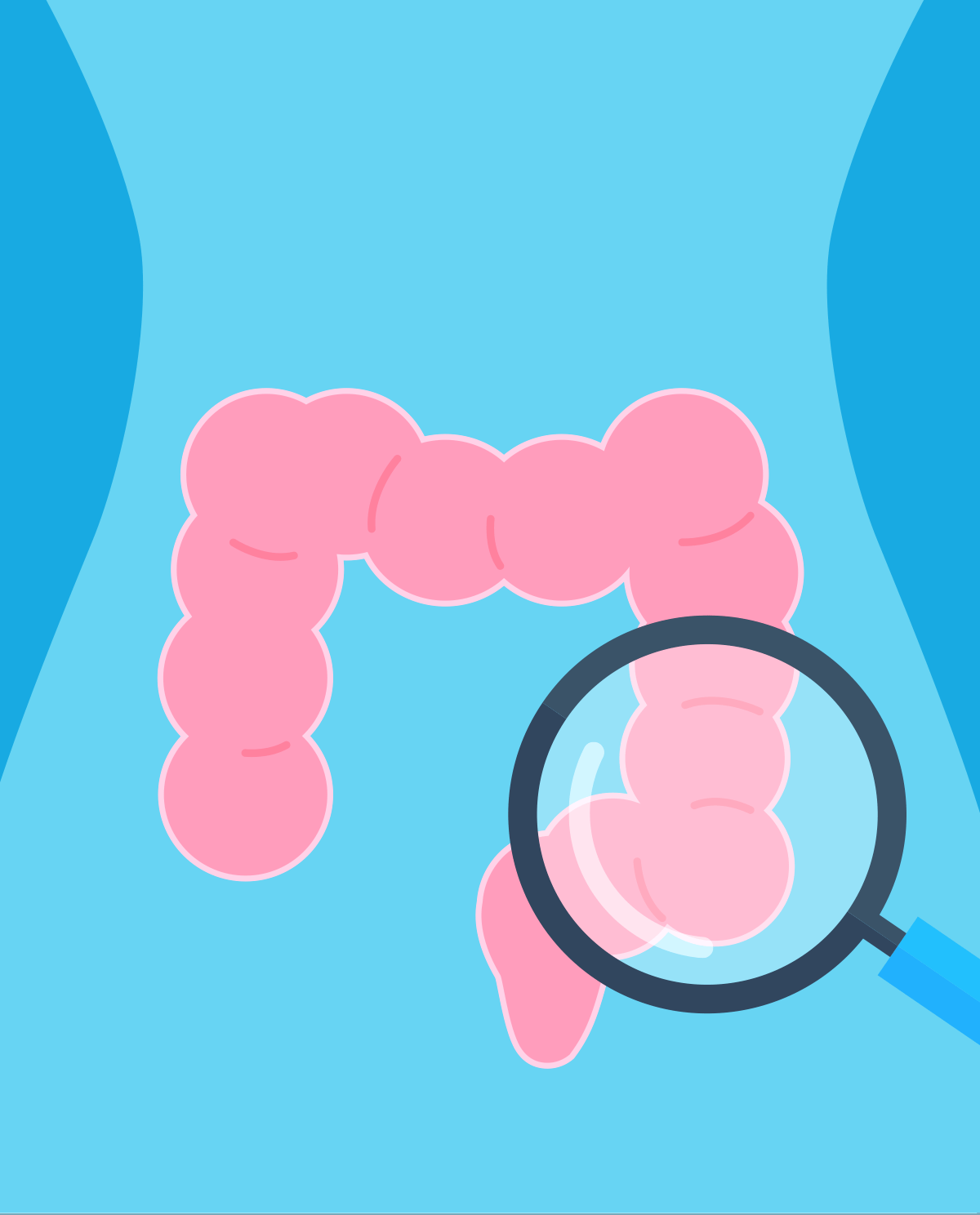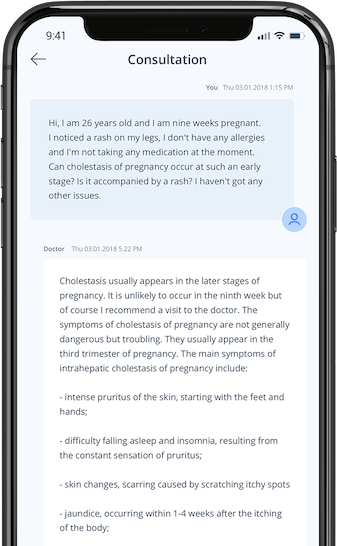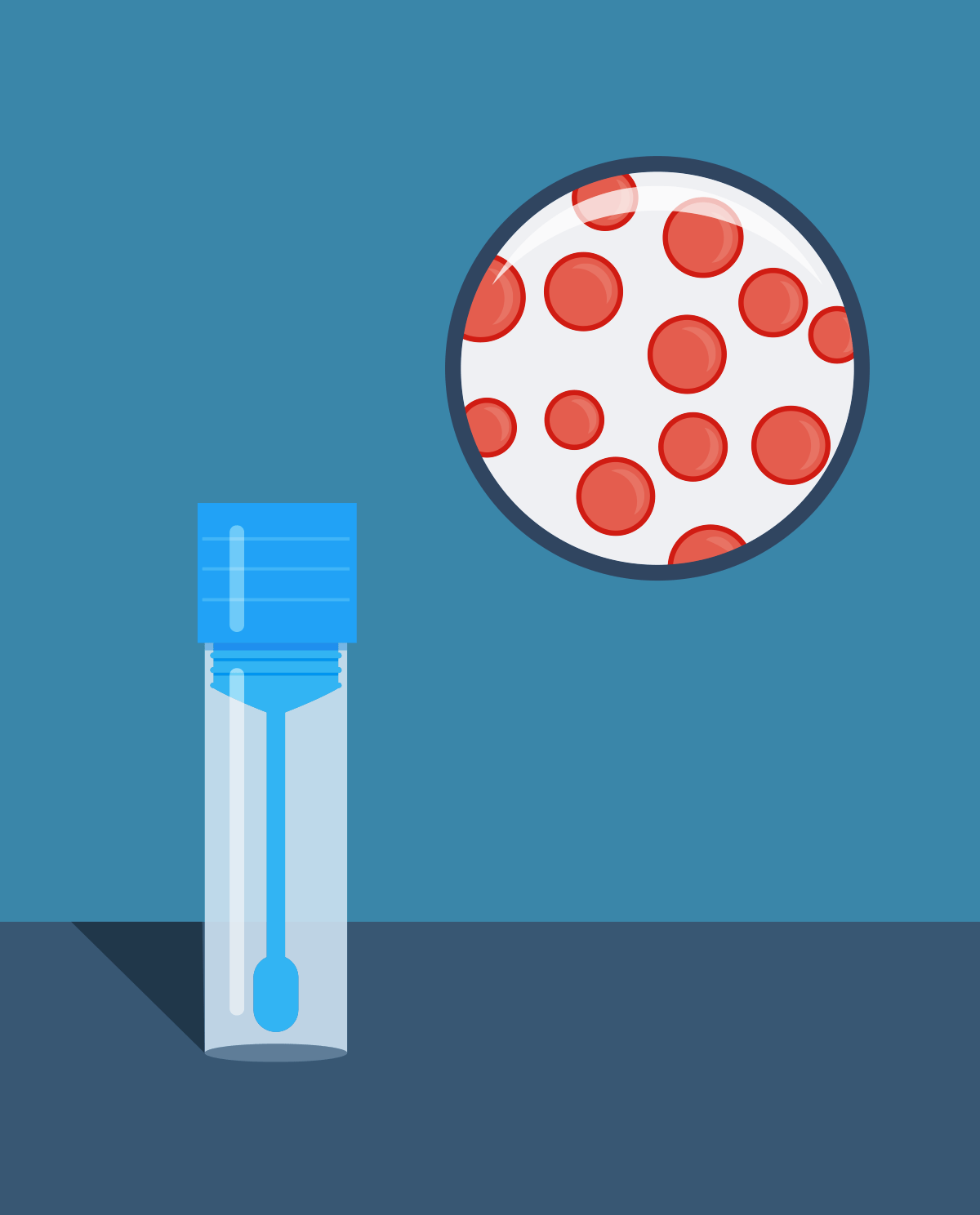- How do you prepare for a faeces test?
- 1. It is recommended that the test be performed during a normal diet, not during fasting or heavy meals.
- 2. Faecal examination and medicines
- 3. Before the test, a disposable container for stools or swabs on a gel base must be obtained at the pharmacy
- 4. Do not take faeces for examination from a toilet bowl
- 5. The material to be examined should be taken from various places of the same portion of the feces
- 6. How much faeces should I put in the container to be tested?
- 7. The sample should be described, and well protected during transport
- 8. The material for testing must be delivered to the laboratory or point of collection as soon as possible
- 9. The cost and availability of faecal tests
The examination of faeces consists of the microscopic, chemical and bacteriological evaluation of samples taken from fecal mass. The type of tests performed depends on the suspected disease. From the collected faeces, preparations are made, which are then evaluated under a light microscope, looking for parasites or their eggs and undigested food leftovers. In addition, the amount of fat is determined and can also be analyzed to determine the activity of some digestive enzymes. In a sample delivered to the laboratory, you can also determine the presence of blood with the help of the examination of faecal occult blood.
How do you prepare for a faeces test?
1. It is recommended that the test be performed during a normal diet, not during fasting or heavy meals.
Stick to a standard, daily diet, do not stop eating or start overeating.
2. Faecal examination and medicines
Testing faeces for parasites is best carried out before or after treatment with antibiotics. If you are taking other medicines, please check with your doctor before the stool test is done to see if they will affect the test results.
3. Before the test, a disposable container for stools or swabs on a gel base must be obtained at the pharmacy
Before sampling, you must purchase a suitable disposable stool container, it can be purchased at a pharmacy. It is also necessary to prepare a washed, scalded and dry vessel, to which faeces will be handed over.
4. Do not take faeces for examination from a toilet bowl
Stools should be obtained from clean toilet paper or directly to a clean, sterilised (with boiling water) and dried container. You should not pass the faeces into the toilet bowl, and then prepare samples from there, because water mixed with detergents and urine may destroy the parasites present in the feces and, therefore, distort the test result.
5. The material to be examined should be taken from various places of the same portion of the feces
The sample should be taken from several different places of the stool with the aid of the attached spatula. This is very important because of the credibility of the study. When examining only one piece of stool, it may happen that in it there will be no undigested food residue or parasites or their eggs. Such a situation would lead to a false negative result and delayed treatment.
6. How much faeces should I put in the container to be tested?
- If a test for viruses, fungi and bacteria is carried out, the sample should have the size of a hazelnut,
- In the case of parasite tests, the recommended sample volume is the size of a walnut,
- If the faeces are liquid, the sample size should be 2-3 ml.
- If parasites, fragments of their bodies or eggs are visible in the stool, they should be removed and placed in a separate container with a small amount of water.
7. The sample should be described, and well protected during transport
We describe the packaging with the name and date, as well as the date and time of faeces collection. The sample should be tightly closed. It is also recommended to further secure the container by placing it in a resealable transparent plastic bag.
8. The material for testing must be delivered to the laboratory or point of collection as soon as possible
It is recommended that you transfer the sample to the laboratory as soon as possible from the time of collection. However, if it can not be delivered within 2 hours of collection, it is necessary to place the container with the sample in a cool place (usually a refrigerator). Under such conditions, it can not be kept for more than two days.
9. The cost and availability of faecal tests
- The general examination of faeces (the degree of digestion) can be performed in almost every medical laboratory. They can cost anything from $5 to $20.
- Examination of faeces for parasites costs from $5 and can be made at almost every pick point.
- If the purpose of the faeces examination is not to obtain a work permit requiring contact with food, the culture test may also be performed in most medical laboratories, and its cost may amount to $20 to $100.
- Rota and adenoviruses ($10 - $30), Lamblie (around $10*), Clostridium difficile ($20 - $45), Helicobacter pylori (about $10), intestinal nodule (about $5), protozoa (about $5), calprotectin ($30 - $50), lactoferrin (about $55), pancreatic elastase (about $50), cancer type M2 pyruvate kinase - M2-PK (about $80), as well as occult blood (about $10).
- However, for KyberKompakt, that is a comprehensive examination of intestinal microflora with quantitative and qualitative diagnostics of indicator bacteria and fungi (including Candida) present in the intestine, costs from $110 to $165 and is only done in selected medical laboratories.
* All prices given in this article are approximations converted from Polish złoty (PLN) to US Dollars ($), 2019.
- Interna Szczeklika 2018 Handbook of Internal Diseases Authors: Piotr Gajewski, Andrzej Szczeklik Publisher: Medycyna Praktyczna
- http://www.mp.pl
- https://www.mp.pl/pacjent/gastrologia/diagnostyka/136506,badanie-mikroskopowe-stolca
- https://www.mp.pl/pacjent/gastrologia/diagnostyka/51055,badanie-kalu-na-obecnosc-jaj-pasozytow
- https://www.mp.pl/pacjent/gastrologia/lista/106820,badanie-kalu-na-resztki-pokarmowe-znaczenie-kliniczne
- https://www.mp.pl/pacjent/gastrologia/lista/68976,stolec-pobranie-probki-do-badania








